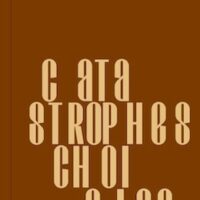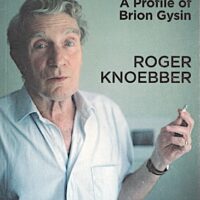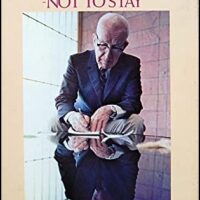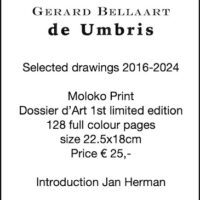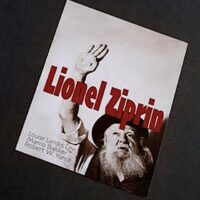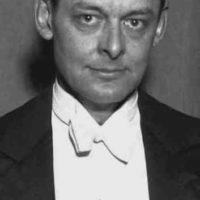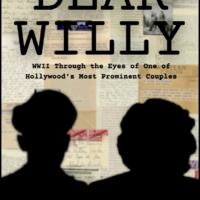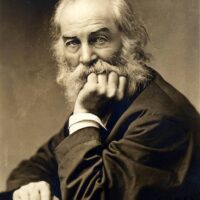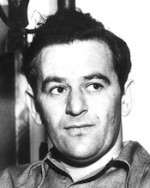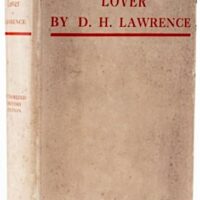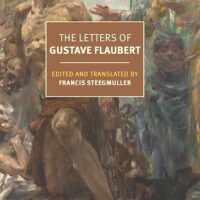Here we go again. To mark the resumption of our long nightmare, my staff of thousands thought it apt to repost this from 2017:
On the day he is sworn in as the preening el presidente of a tin-pot United States of Trumpistan, enabling him to run the country like a division of his family-held company, Thin Man Press will release American Porn, a collection of “investigative poems about American history, culture and politics” by Heathcote Williams.

!['American Porn' by Heathcote Williams [Thin Man Press, 2017]](https://www.artsjournal.com/herman/wp/wp-content/uploads/2017/01/American-Porn-by-Heathcote-Williams-Thin-Man-Press-2017400-200x200.jpg)
